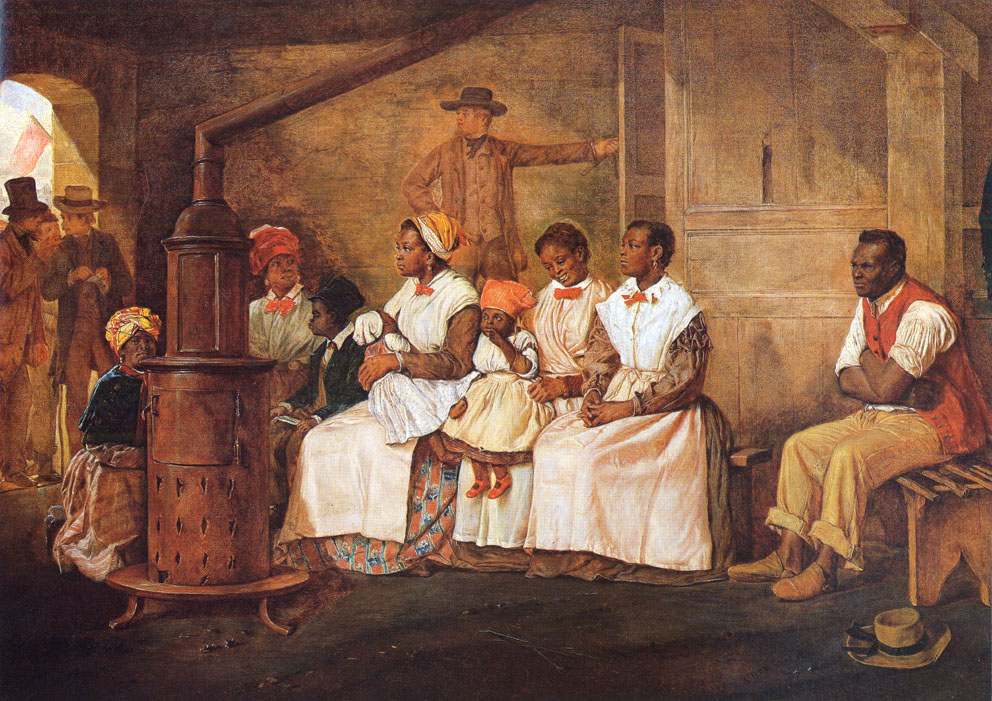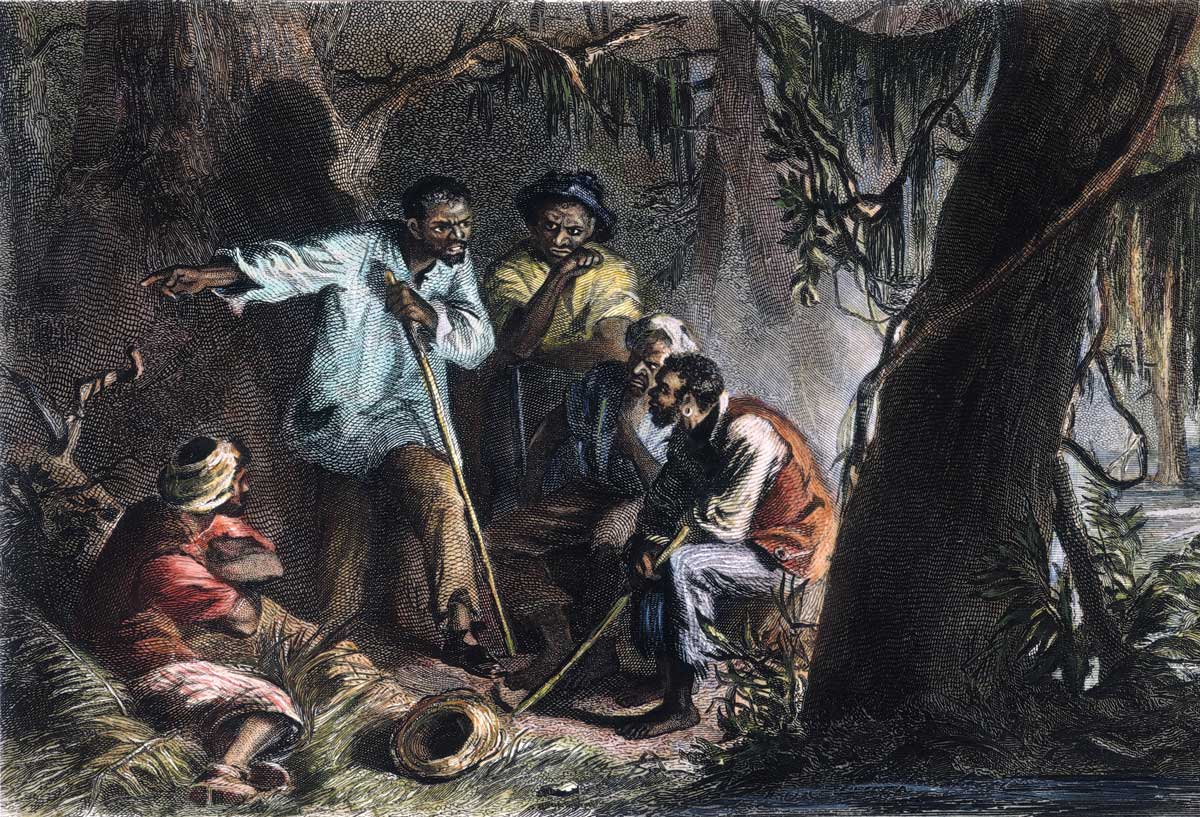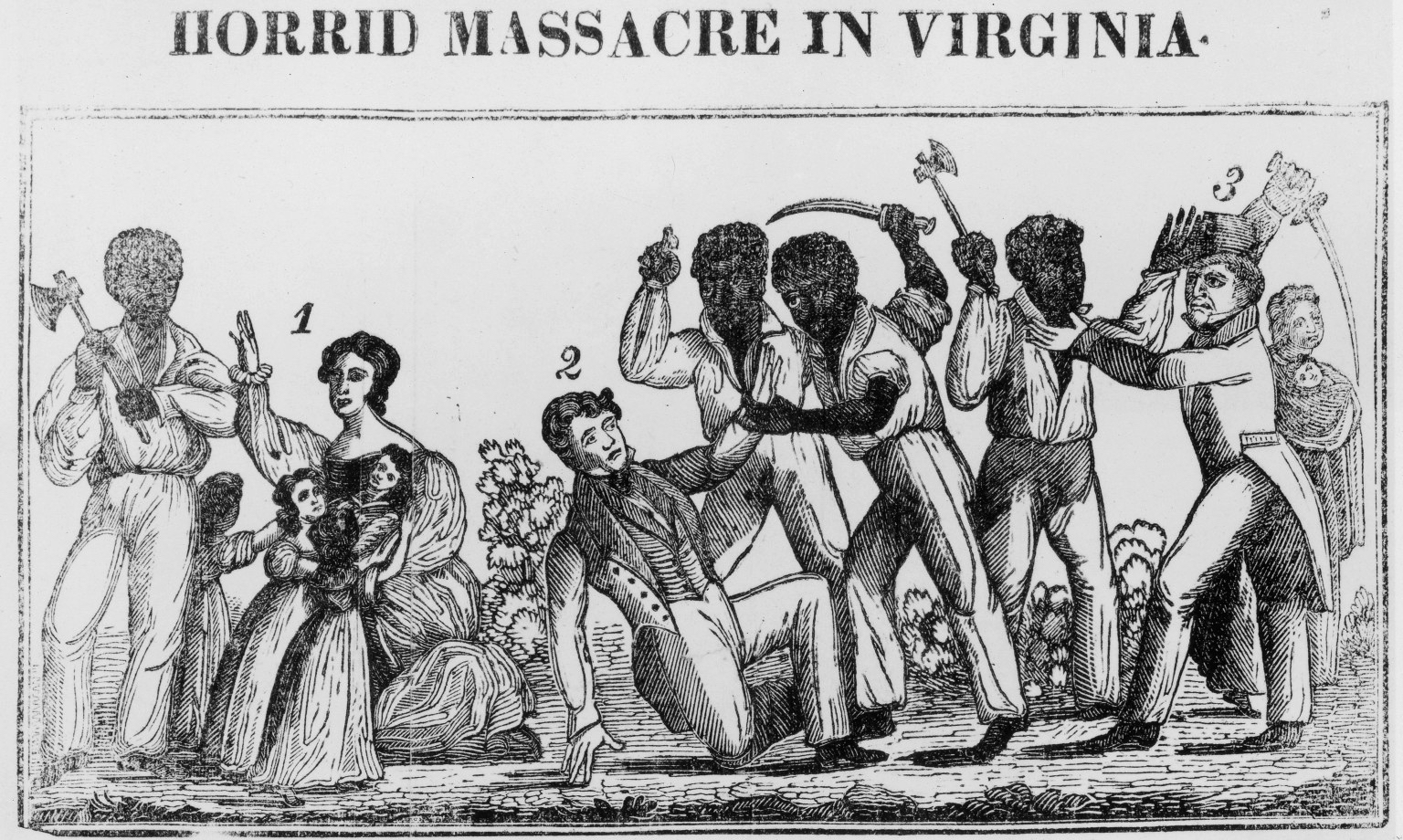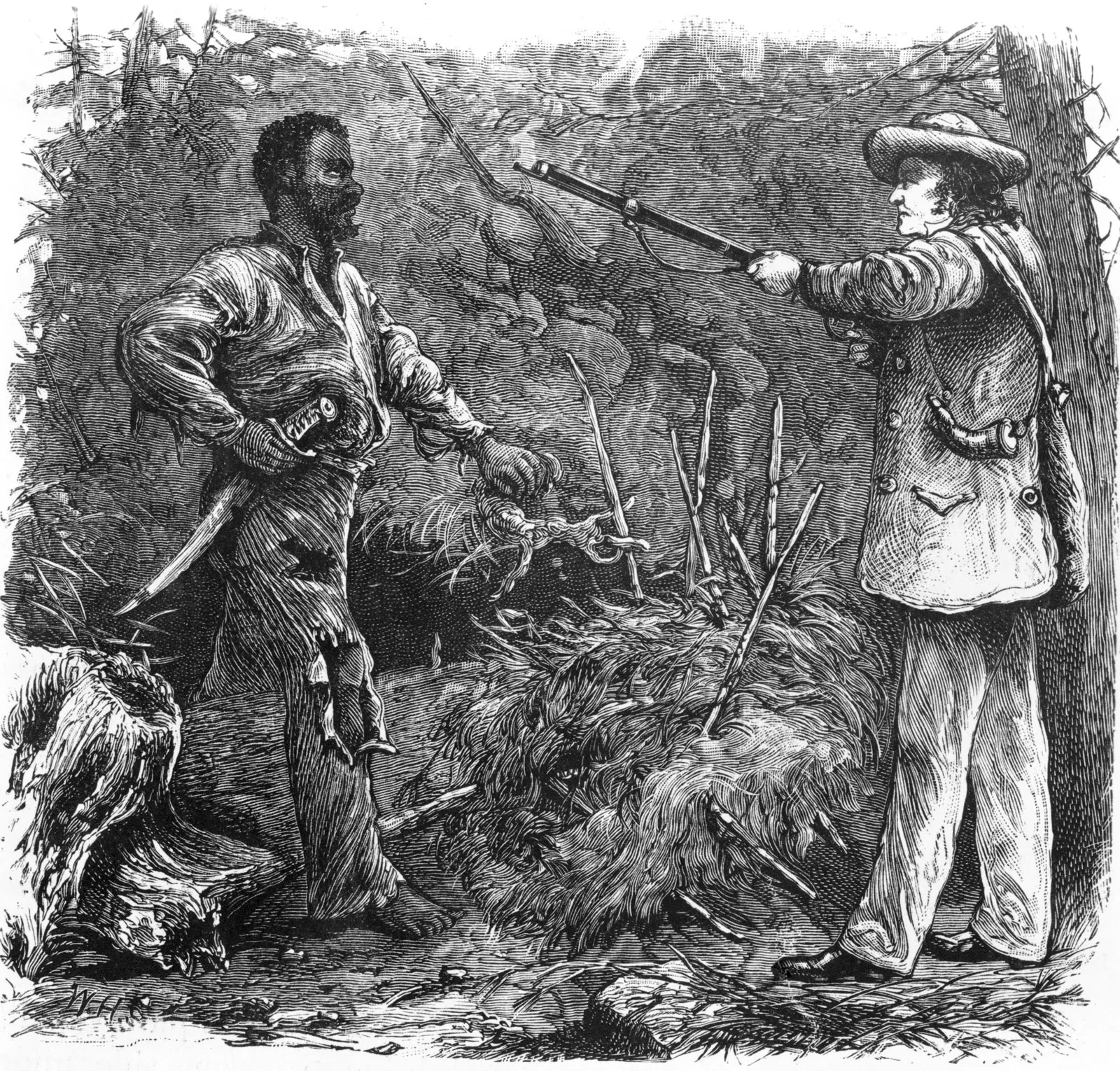Nat Turner, a pivotal figure in the fight for freedom, led a defining insurrection in 1831 that reshaped American history. Seen as a prophet by some and a rebel by others, his fight represents a quest for divine justice against racial injustice. Nofi delves into the life and legacy of Turner, leaving an indelible mark on African-American history.
Listening to the Fury of History
When we mention Nat Turner, echoes of broken chains, dreams of emancipation, and whispered prayers in the darkness resound with force. Turner was more than a man—he was a vision, a prophecy, a piercing cry from a humanity striving to regain autonomy against an oppressive system. In 1831, Turner led a rebellion in the heart of Southampton, Virginia, an insurrection that, though crushed, marked the minds as a symbol of bold defiance against racial injustice. In a country shaped by slavery, Turner stands mystic and determined, preaching freedom at the price of blood.
The birth of a conviction

Born into slavery on October 2, 1800, Nat Turner was never destined for submission. His intelligence, piety, and visions distinguished him from others. Early on, he learned to read and write—a rare privilege that opened the doors to biblical texts. In an America where every movement, every thought of a slave was oppressed, Turner found a voice in the Scriptures to transcend his condition. Biblical stories resonated in him not only as sacred accounts but as calls for justice, to elevate his people above oppression.
Known as “The Prophet” by his peers, Nat possessed a spiritual charisma that transcended his condition. His intense faith, fasting, and prayer gave him a unique aura, an almost supernatural magnetism. He claimed to hear divine messages, visions that would guide each of his actions. The sun, stars, and even the wind became omens to him, signs of divine will. But it was not only mystical visions that forged his resolve; it was also the daily injustices, forced separations, beatings, and humiliations—a world built on his people’s pain.
The visions and God’s call

Nat Turner and his companions are depicted in a wooded area, 1831. Turner led a slave uprising that resulted in the death of over 50 whites. He was tried, convicted, and hanged in Virginia. (Photo by Stock Montage/Getty Images)
It was in the 1820s that Turner began receiving a series of visions that would seal his fate. In 1825, while working in the fields, he felt an intense call: “the great day of judgment was near.” Turner interpreted these visions as missions given by God. In the brutal context of slavery, where every moment of life denied humanity, Turner saw his visions as proof that his fate lay not in submission but in action.
In 1831, the solar eclipse on February 12 was the final confirmation for Turner. The sky darkened, like a curtain falling on a theatrical act, and Turner saw this cosmic event as God’s signal. That same year, he organized and gathered followers—men determined to fight for freedom, ready to follow “The Prophet.” Turner knew that the insurrection would mean death and suffering, but he saw beyond this immediate sacrifice toward a justice only God could grant.
The insurrection: Southampton aflame

On the night of August 21, 1831, the plan was set in motion. Turner and his men attacked plantations, armed with axes, knives, and tools—whatever they could find to overturn a centuries-old order. In four days, 55 white people—men, women, and children—fell to their blows. For Turner, this was not senseless violence; it was a holy war, a fight to finally tip the scales of justice in favor of his people. But the scale of the insurrection provoked relentless repression. Between 120 and 200 Black people, slaves and free men alike, were killed in retaliation, often without having participated in the revolt.
Nat Turner’s insurrection was the most violent and impactful slave rebellion in U.S. history. It served as a warning: chains could be broken, the system could be overturned. But beyond the violence, this rebellion marked a collective awakening, a moment when white America confronted the hatred it had sown. Turner, elusive, hid for weeks until a farmer discovered him in an improvised “cave.”
Trial and death of a martyr

On November 5, 1831, Turner was tried for “conspiracy and insurrection.” The verdict was unsurprising: sentenced to hanging. When asked if he regretted his actions, he simply replied, “Wasn’t Christ crucified?” In this response lay the full weight of his spiritual struggle. He did not see himself as a criminal but as a man who followed God’s call, an instrument of the divine for his people’s liberation.
After his execution, Turner’s body was mutilated, and his skin used to make objects, in a macabre attempt to stamp out the message he represented. But despite white America’s efforts to erase his memory, Turner’s spirit could not be reduced to ashes. His story, recounted in The Confessions of Nat Turner, became a source of inspiration for abolitionists, a painful reminder of Black resistance against a system of oppression.
A burning, indelible legacy
Nat Turner’s name is inscribed in history not just as that of a rebel, but as that of a prophet, a man who embodied the fight for human dignity. In 2002, historian Molefi Kete Asante included Turner in his list of the “100 Greatest African Americans” of all time. To this day, his story is taught as that of a man willing to sacrifice his life for an ideal—a divine vision of freedom.
Parks, literary works, films, and monuments honor Turner’s memory. In 2009, Newark, New Jersey, inaugurated a park in his honor, Nat Turner Park, a space dedicated to ideals of justice and resistance. His fight, celebrated each year during Black August, continues to remind the world of the power of a man determined to free himself, to liberate his people.
The vision of divine freedom
Nat Turner, prophet and warrior, leaves behind a complex, burning, yet necessary legacy. In a world still striving to erase stories of Black resistance, Turner is proof that even in the deepest darkness, the human spirit can rise, armed with convictions and a higher calling.
Though his fight is controversial, it raises a fundamental question: how far will a person go to defend their dignity? For Turner, the answer was clear. Delving into Nat Turner’s history reveals not just a man but a symbol, a prophet whose call to freedom still resonates, timeless, for all oppressed generations.
Sommaire
References and Sources
- Breen, Patrick H. “Nat Turner’s Revolt (1831).” Encyclopedia Virginia. Virginia Humanities, 2020. Accessed October 26, 2024.
- Gray, Thomas Ruffin. The Confessions of Nat Turner, the Leader of the Late Insurrections in Southampton, Va. Baltimore: Lucas & Deaver, 1831.
- Greenberg, Kenneth S., ed. Nat Turner: A Slave Rebellion in History and Memory. Oxford University Press, 2003.
- Asante, Molefi Kete. 100 Greatest African Americans: A Biographical Encyclopedia. Amherst, NY: Prometheus Books, 2002.
- Moomaw, Graham. “Nat Turner, the leader of a violent Virginia slave uprising, will be honored on a new emancipation statue in Richmond.” Richmond Times-Dispatch, September 20, 2017.
- Breen, Patrick H. The Land Shall Be Deluged in Blood: A New History of the Nat Turner Revolt. Oxford University Press, 2015.
- French, Scot. The Rebellious Slave: Nat Turner in American Memory. Boston: Houghton Mifflin, 2004.
